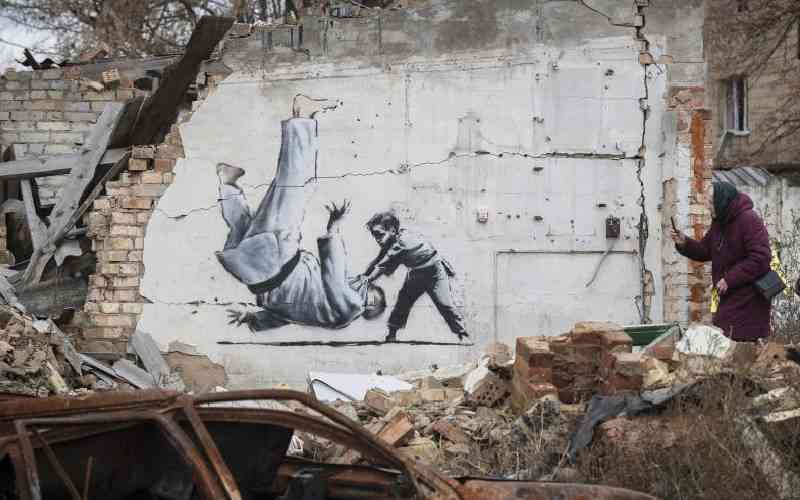×
The Standard e-Paper
Smart Minds Choose Us

Deaths, starvation, deforestation, higher prices of essential goods and uncertainty about the future are some of the consequences that the eight-month-old Russia-Ukraine war has wrought on Kenyans and other Africans.
The war is also threatening the existence of the Congo rainforest, the second largest of the three remaining rainforests in the world. The other two are the Amazon and Southeast Asia.